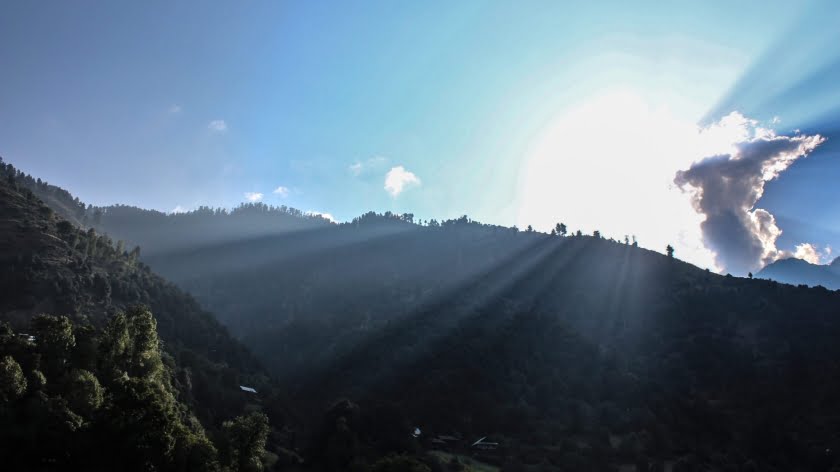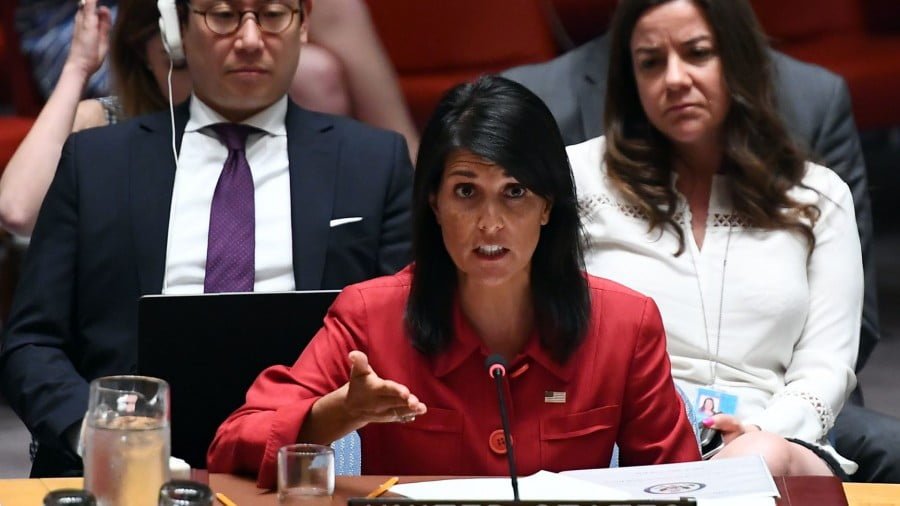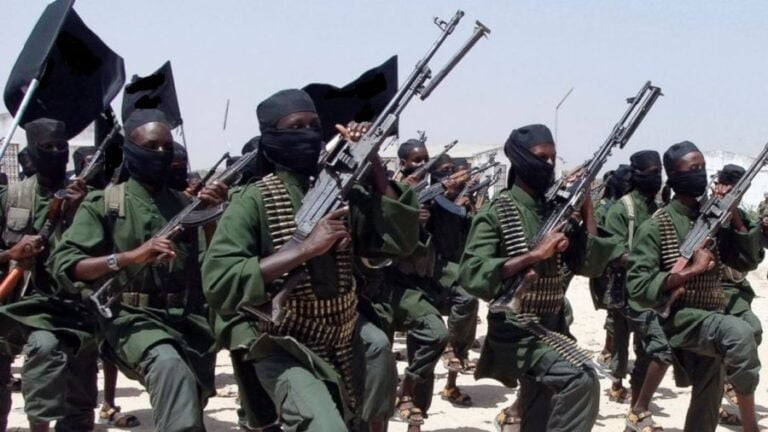Nigeria’s Upcoming Elections Exacerbate the Situation in the Country
Nigeria occupies a very important place in current world politics. This country is home to almost a fifth of the African continent’s population, about one in six Africans is Nigerian. Its already large population is expected to have doubled to 400 million by 2050, moving Nigeria from the 7th most populous country in the world to 3rd, behind only China and India.
Nigeria is the only sub-Saharan member of OPEC and is one of the top seven oil-producing and exporting countries, making it an important player in international politics. But it also draws increased attention to Nigeria from various external actors, including major global players as well as radical and extremist militias.
Nigeria’s own activities within the African community are primarily defined by the traditional desire to play the role of a “regional superpower”, defending the interests of Tropical Africa and the African diaspora on a global scale. Another important direction is economic, with a predominantly bilateral focus on relations with Western states and the international monetary and financial organizations under their control, as well as with the “newly industrialized countries”. Nigeria’s focus is on striking a better balance between the economic and political aspects of diplomacy, pursuing national economic interests through foreign policy means.
Although Nigeria is the largest oil supplier, it has nevertheless been forced to cut production, which has led to a dollar deficit and could trigger a crisis in the country. The main reason for this situation has been chronic underfunding, sabotage and theft of oil, which continues to wreak havoc in the Nigerian fields, as well as rising criminality in the country. Thus, already in August this year, after the Forcados flow had almost come to a complete halt, oil production fell by half to below 1 million bpd, reaching a monthly low, which was last seen in July 1985.
In recent years, terrorist and criminal groups in Nigeria have reached new levels of organization, many of them transformed from a formal association of armed groups into cohesive structures with ambitious goals of creating “independent theocratic states”. The smuggling of drugs, weapons and black market trade in natural resources generate huge revenues for terrorists, which they use to recruit new supporters and buy ammunition, munitions and equipment. A prime example of such a formation is the Islamic State in West Africa Province (ISWAP is banned in the Russian Federation. It is a wing of the terrorist organization DAESH, also banned in the Russian Federation).
Given Nigeria’s own already accumulated potential on the African continent and in international life, it is no longer possible for external world players to definitely “get their hands on” this country and turn it into a sphere of interest and influence. Nigeria has become confidently self-reliant, and it can now largely determine African Union policy and the direction of the entire continent, and influence neighboring states. Nevertheless, this does not preclude the ongoing struggle for markets, for influence over individual industries and for decision-making in those industries, with an undiminished involvement of external players. And such a struggle is to some extent traceable between China and the United States, the UK acting in tandem with Washington. France also has its own policy, often cooperating with China in the economic sphere, although in politics the European Union has its own line. Other major powers are also present in Nigeria to varying degrees, although Nigerians, for their part, distance themselves from the choice in favor of one external actor or another. They believe that the more international relations they have, the better for them, and so Nigeria does not enter into any political alliance with anyone and continues to build its independent line.
Perhaps Nigerians continue to harbor particular warm feelings towards Russia, remembering that their unity and independence from former colonial rule is due, among other things, to support from the USSR, which was not ideologically motivated in any way. And representatives of Nigeria recently reiterated their support for the Russian government’s actions in a meeting with the governor of the Novosibirsk region, Andrei Travnikov.
In the above context, the desire for improved social and political life, and the fight against terrorism, banditry, kidnapping and inflation remain the main topics of political debate among Nigerians. And this debate, as well as the struggle on these fronts itself, is now intensifying against the backdrop of the forthcoming February 2023 general elections.
Thus, in a bid to lure Nigerians to the polls and boost support for Washington’s policies, the US authorities said they would hand over to Nigeria $23 million that had been embezzled and taken out of the country by former military ruler Sani Abacha, who governed the country from 1993 to 1998. These funds were held in UK accounts, but were frozen at the request of the US government. In total, with the said amount, the US has agreed to refund to Nigeria more than $334.7 million related to Abacha. The recovered funds, Nigeria’s Attorney-General Abubakar Malami has assured, will be used for infrastructure projects, including the Abuja-Kano road, as well as the Lagos-Ibadan Expressway and a second bridge over the Niger River.
With similar aims to strengthen its position in Nigeria, Britain announced in August through the Horniman Museum in London that it would return 72 artefacts to the Nigerian government, including 12 brass plates known as Benin Bronzes, which were illegally exported by the British military in 1897.
Not only representatives of various political forces, but also the country’s clergy are actively engaged in the struggle for popular support.
As is well known, Nigeria has traditionally elected a bi-religious pair of politicians (president and vice-president) to power. Moreover, if a Muslim runs for president, he tries to choose a Christian rather than a co-religionist for the role of future vice-president, and vice versa. It is on this principle that Yemi Osinbajo, a Christian, is the vice-president under the current Nigerian president Muhammadu Buhari. However, amid pre-election battles already unfolding, the Christian Association of Nigeria has warned that it would not accept a two-Muslim coalition for president and vice-president of the country. Such pre-election controversy has arisen because of the likelihood that in the upcoming 2023 elections, both the leading presidential candidate and the vice-president of his or her choice will be Muslims. In particular, a Muslim politician, Bola Ahmed Tinubu, is running for president, while his chosen vice-president could be either Speaker of the House of Representatives Femi Gbajabiamila or Deputy Speaker Idris Wase (both are practicing Islam). However, the country’s Muslim clergy fundamentally disagrees with this position of Christians. In particular, the country’s Muslim spiritual leader, Sultan of Sokoto, Muhammad Sa’ad Abubakar III said qualifications and competence, rather than religion or ethnicity, should be the main consideration in selecting candidates.
Various criminal and extremist groups have also engaged in the pre-election struggle, causing a marked deterioration of the crime and security situation in Nigeria. On August 23, militants attacked a mosque in the northwestern Nigerian town of Ruwan Jema, killing 15 people and wounding others. On September 12, ten people were killed in a terrorist attack on the convoy of Senator Ifeanyi Ubah, who was visiting Anambra State on his tour.
In this regard, the demand for bulletproof cars and body armor has increased markedly in Nigeria ahead of the elections. The main customers are politicians who are preparing for the 2023 election campaign.







